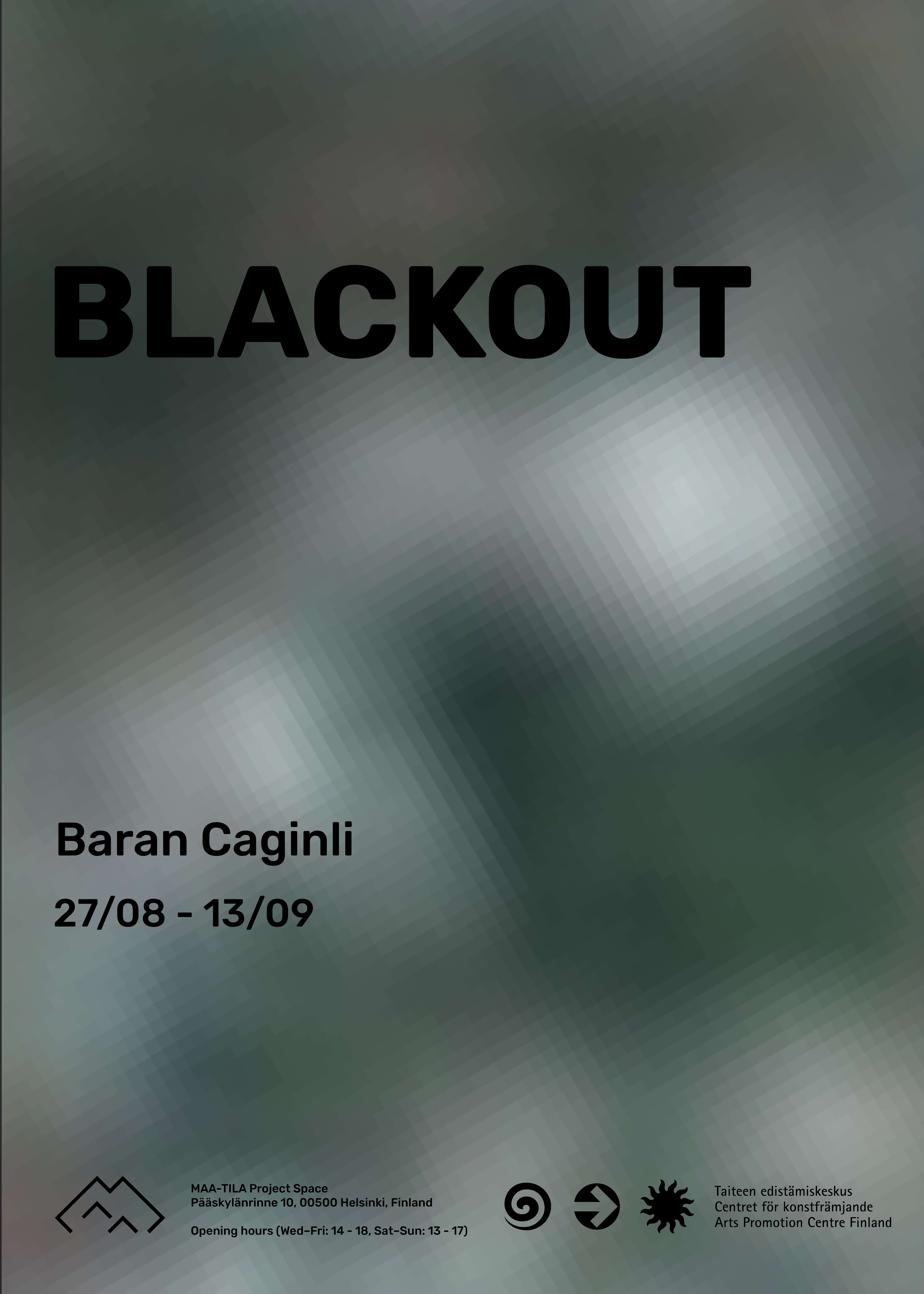
BLACKOUT *
The Oxford English Dictionary defines ‘off the map’ as a description of something ‘out of existence... an insignificant position; of no account; obsolete’. This plays on the usual and common-sense understanding of maps: that they show what exists and that they do so accurately. Maps are generally perceived to be an accurate mirror or graphic representation of some aspect of the real world; cartography is defined as a factual science. But as a wealth of research within the ‘new geography’ has argued at length, the map is an intensely political object (Mark Neocleous, 2003, European Journal of Social Theory ).
Nowadays, the maps are easy to reach via online mapping services. Because they are so easy to access, cartographic censorship becomes a priority for the states. On states’ request, these online platforms ‘blackout’ specific, strategic places such as military bases, power plants, specific geographical formations. Even refugee camps, languages, cultures are blackout as a construction of colonial space, and exercise of imperial violence. As a form of knowledge, maps have therefore been brought under the veil of secrecy which shrouds the modern state (Neocleous, 2003).
'Blackout' dwells on cartographic censorship with pixelated, blurred and transformed images of the places and people which are created by states and nonexistent for us.
* Blackout, 27.08 – 13.09.2020, MAA-tila Project Space, HelsinkiThe exhibition has been supported by Taike Arts promotion centre Finland www.maatilaprojectspace.fi/
